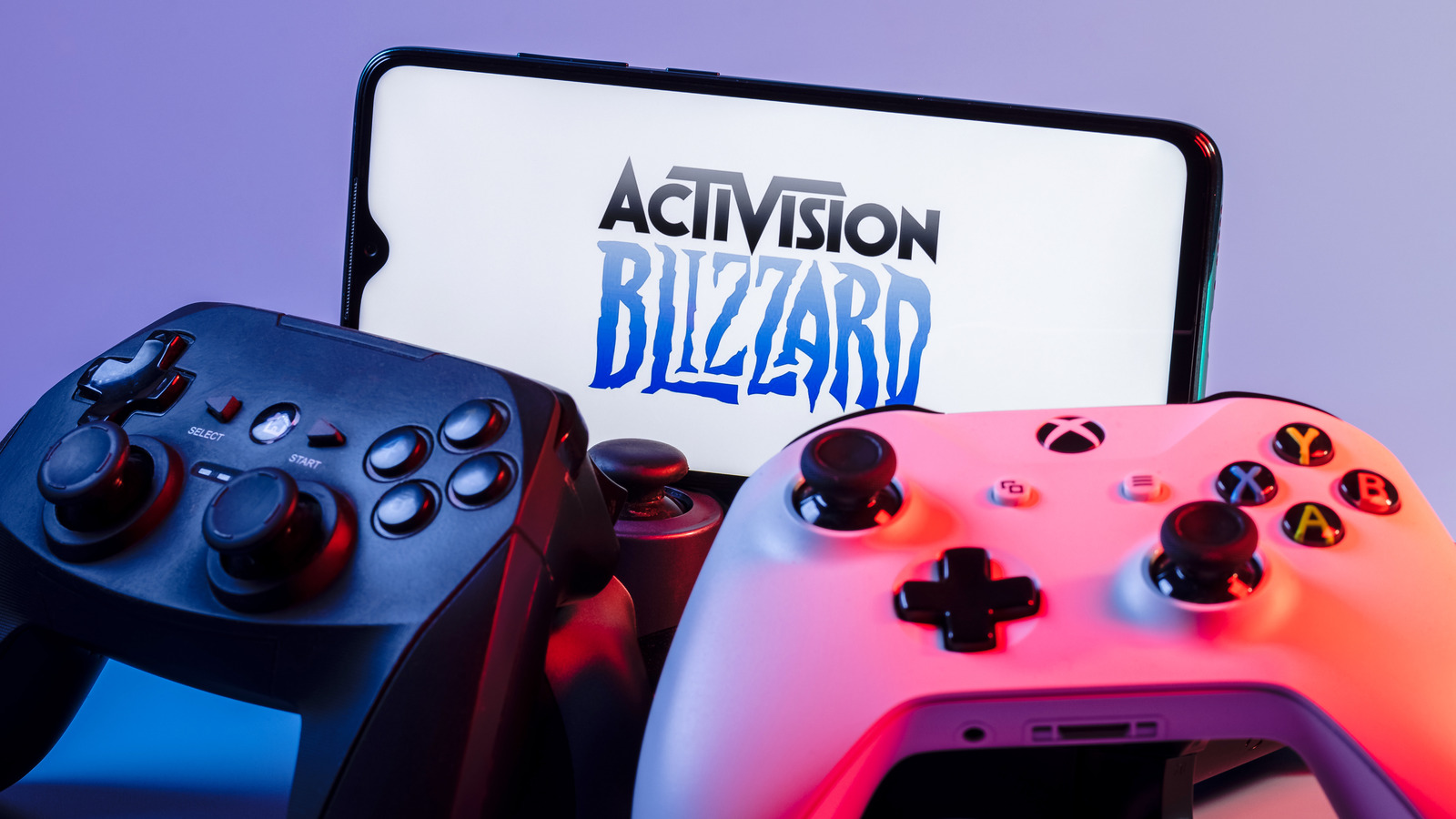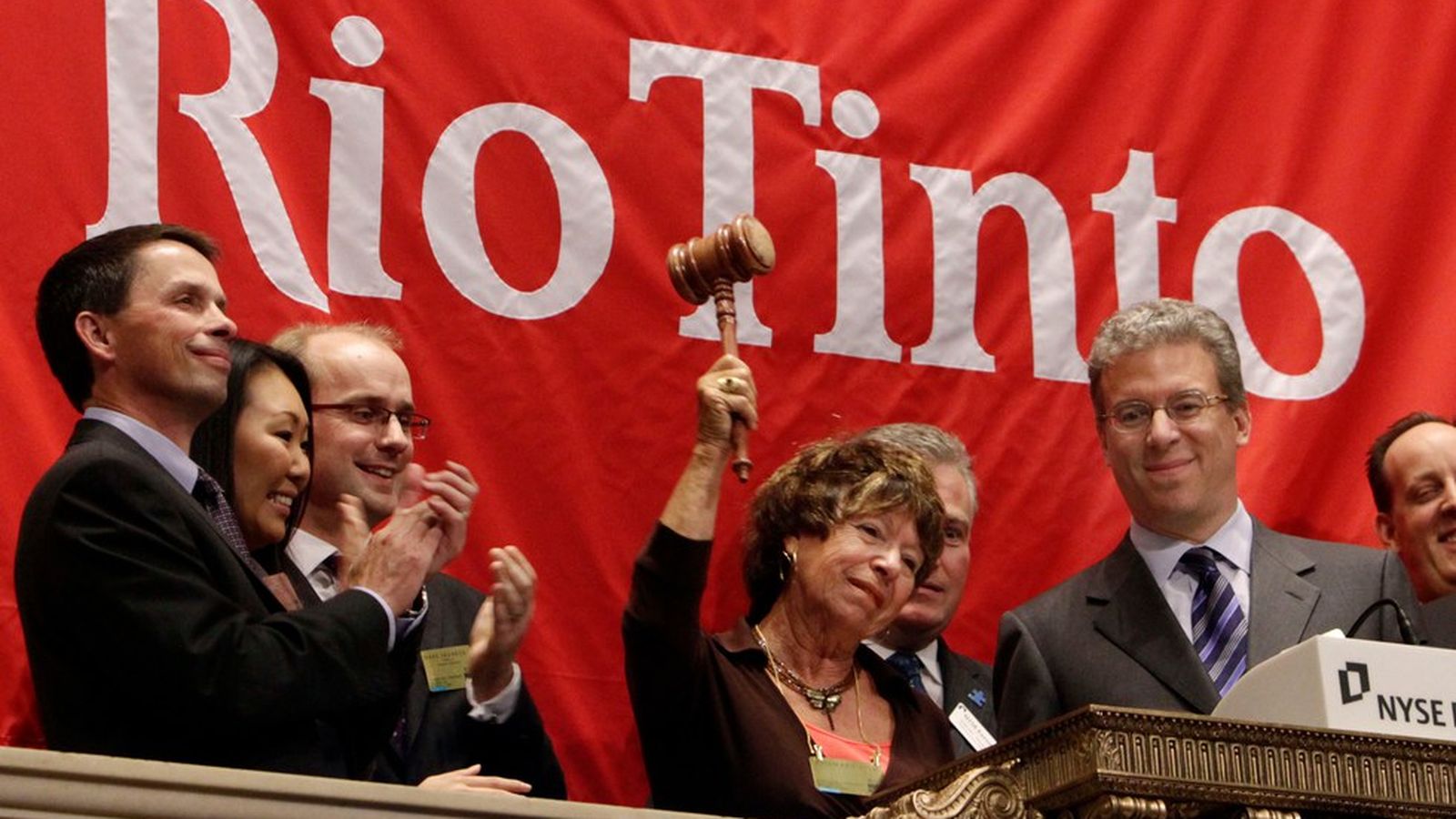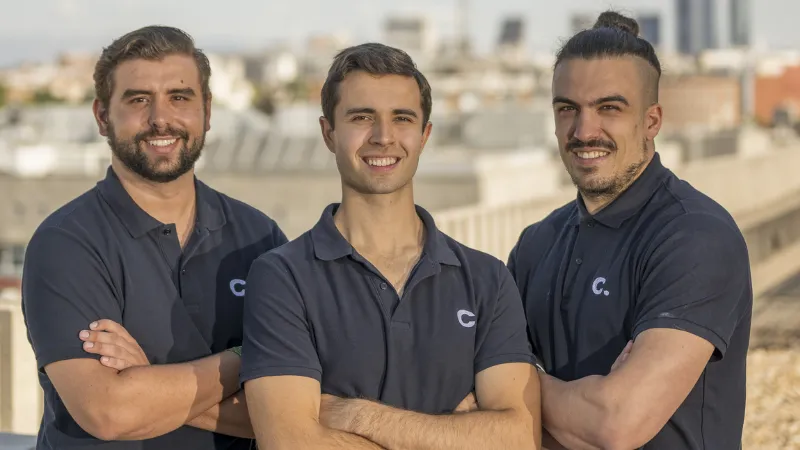Activision Blizzard Acquisition: FTC Files Appeal Against Microsoft

Table of Contents
The FTC's Arguments Against the Acquisition
The FTC's primary concern centers around the potential for anti-competitive behavior resulting from the merger. They argue that Microsoft's acquisition of Activision Blizzard would create a gaming behemoth with undue market power, stifling competition and potentially harming consumers. Their specific concerns include:
-
Reduced competition in the console gaming market: The FTC argues that Microsoft, already a major player with its Xbox console, would gain an unfair advantage by controlling popular franchises like Call of Duty, potentially limiting their availability on competing platforms like PlayStation. This could lead to a less competitive market with fewer choices for gamers.
-
Potential harm to consumers through higher prices or reduced innovation: The FTC believes that reduced competition could result in higher prices for games, subscription services, and even hardware. Furthermore, a lack of competition can stifle innovation as there's less incentive to develop new and better products or services.
-
Concerns regarding Microsoft's control over key game franchises: Call of Duty is a prime example. The FTC fears that Microsoft could make Call of Duty exclusive to Xbox, forcing PlayStation players to switch consoles or miss out on a beloved franchise. This is a key element in their antitrust lawsuit.
-
Legal Arguments: The FTC's legal arguments are grounded in antitrust laws, arguing that the merger violates the Clayton Act by substantially lessening competition in the video game market. They are using all available legal means to prevent what they view as a harmful monopoly.
Microsoft's Defense of the Acquisition
Microsoft has vigorously defended its acquisition, claiming that it will ultimately benefit consumers. Their arguments include:
-
Claims of benefits to consumers: Microsoft argues that the acquisition will lead to wider availability of Activision Blizzard games across various platforms, including PC, mobile, and cloud gaming services. They also point to potential advancements in game development technologies.
-
Arguments against the FTC's claims of reduced competition: Microsoft contends that the gaming market is highly competitive, with numerous players and platforms, and that their acquisition won't significantly alter the competitive landscape.
-
Proposed concessions or remedies: To address some of the FTC's concerns, Microsoft has offered concessions, such as committing to keep Call of Duty available on PlayStation for a specified period. However, these concessions have not fully satisfied the FTC.
The Appeal Process and Potential Outcomes
The FTC's appeal represents a significant escalation in the legal battle. The appeal process involves a complex legal procedure, including presentations of evidence, legal arguments, and potentially, court hearings. The potential outcomes are:
-
FTC victory, blocking the acquisition: This would be a significant win for the FTC and a setback for Microsoft. It would set a strong precedent regarding mergers and acquisitions in the tech industry.
-
Microsoft victory, allowing the acquisition to proceed: A win for Microsoft would allow the Activision Blizzard acquisition to move forward, albeit potentially with some conditions imposed by the court.
-
A settlement: Both parties could reach a settlement, potentially involving concessions from Microsoft or modifications to the acquisition agreement.
The timeline for the appeal process is uncertain, but it could extend over several months or even years.
Impact on the Gaming Industry
The outcome of this Activision Blizzard acquisition and the FTC's appeal will have far-reaching consequences for the gaming industry. The potential impacts include:
-
Game Developers: The acquisition could influence how game developers work and the types of games they create, impacting their creative freedom and business models.
-
Game Publishers: The merger's impact on competition could affect the market share and profitability of game publishers, leading to industry consolidation.
-
Gamers: Ultimately, the gamer experience will be directly influenced by the availability of games, prices, and the overall competitive landscape.
Conclusion: The Future of the Activision Blizzard Acquisition
The FTC's appeal against Microsoft's acquisition of Activision Blizzard marks a critical moment for the future of the gaming industry. The key arguments center on concerns about anti-competitive practices versus claims of consumer benefits. The potential outcomes—a blocked acquisition, a successful merger, or a negotiated settlement—will significantly shape the industry's competitive dynamics. This landmark case will have a profound and lasting impact on how mergers and acquisitions are viewed and regulated within the gaming sector and beyond. Stay tuned for updates on this landmark case, which will significantly shape the future of the Activision Blizzard acquisition and the gaming landscape. The ongoing legal battle surrounding this Microsoft acquisition will determine the future of competition and innovation in the gaming market.

Featured Posts
-
 Activist Investor Pressure Fails To End Rio Tintos Dual Listing
May 02, 2025
Activist Investor Pressure Fails To End Rio Tintos Dual Listing
May 02, 2025 -
 City Of Tulsa Deploys 66 Salt Trucks For Winter Weather
May 02, 2025
City Of Tulsa Deploys 66 Salt Trucks For Winter Weather
May 02, 2025 -
 Michael Sheens Million Pound Giveaway Christopher Stevens Scathing Review
May 02, 2025
Michael Sheens Million Pound Giveaway Christopher Stevens Scathing Review
May 02, 2025 -
 Tonga Dashes Sis Olympic Hopes
May 02, 2025
Tonga Dashes Sis Olympic Hopes
May 02, 2025 -
 21 5 Million Seed Funding For Ahead Computing A Major Milestone
May 02, 2025
21 5 Million Seed Funding For Ahead Computing A Major Milestone
May 02, 2025
Latest Posts
-
 Iconic Bands Festival Appearance Only A Life Or Death Situation Would Do
May 02, 2025
Iconic Bands Festival Appearance Only A Life Or Death Situation Would Do
May 02, 2025 -
 Kate And Lila Mosss Identical Lbds Steal The Show At London Fashion Week
May 02, 2025
Kate And Lila Mosss Identical Lbds Steal The Show At London Fashion Week
May 02, 2025 -
 Legendary Band To Play Festival Only Under Extreme Circumstances
May 02, 2025
Legendary Band To Play Festival Only Under Extreme Circumstances
May 02, 2025 -
 Matching Mothers And Daughters Kate And Lila Mosss Lbd Looks At London Fashion Week
May 02, 2025
Matching Mothers And Daughters Kate And Lila Mosss Lbd Looks At London Fashion Week
May 02, 2025 -
 Iconic Bands Festival Return A Life Or Death Scenario
May 02, 2025
Iconic Bands Festival Return A Life Or Death Scenario
May 02, 2025
